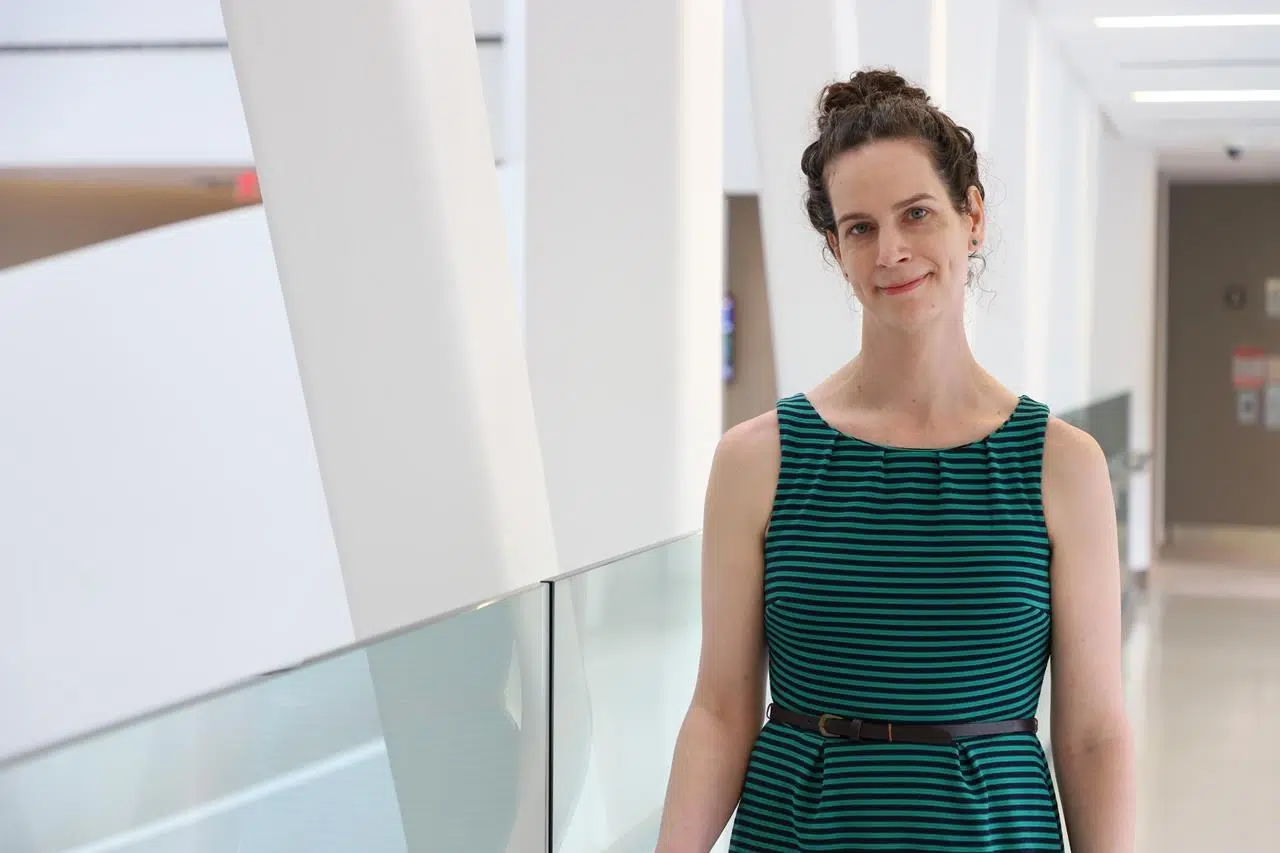
Toronto hospital says surgery program will help trans patients ‘live true lives’
TORONTO — Janet Macbeth says “to be trans is to wait.”
The 40-year-old waited until her wife was pregnant with their second child in 2017 to come out as transgender. Then she waited for her relatives, friends and professional colleagues at Walpole Island First Nation’s Heritage Centre to adjust to her gender identity.
After starting hormone therapy at a trans-health centre in London, about a two-hour drive from her home in Wallaceburg, Ont., Macbeth waited the requisite one year to be approved for gender-affirming surgery under the Ontario Health Insurance Plan (OHIP) in spring 2018. She waited several months to book a date for the procedure, which was several more months away.
But on Monday, Macbeth’s wait was finally over as she became one of the first patients to undergo vaginoplasty at a Canadian public hospital, according to medical officials.
